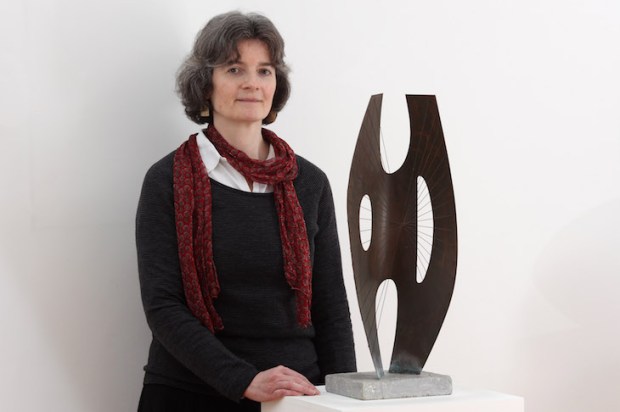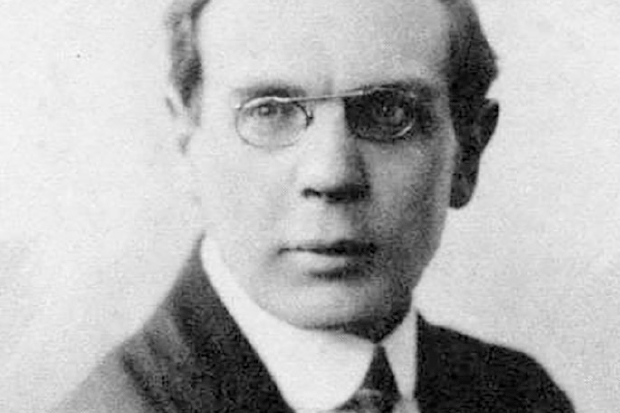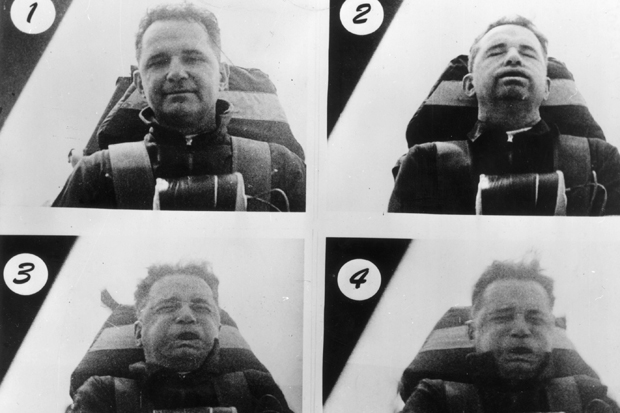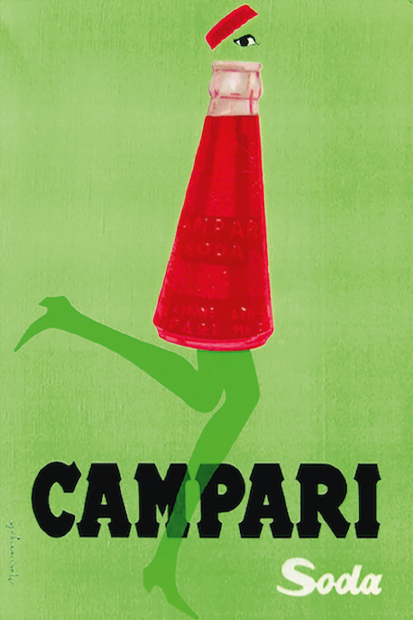‘Jesus died for somebody’s sins/ but not mine’: the opening lines of Patti Smith’s 1975 debut album, Horses, find a young woman marking her territory with fierce conviction. Raised as a Jehovah’s Witness, she was (or was treated as) an invalid for much of her New Jersey childhood. The restrictions were physical and spiritual. But in her twenties the androgenous daughter of blue-collar workers used her punk poetry to reclaim the freedoms North American culture had stolen from her. And while she relieved Jesus of responsibility for her sins, she certainly didn’t count her compulsion to write and lust and holler among them.
Her Collected Lyrics, updated by Bloomsbury this month, mark her transition from the ‘moral schoolgirl hard-working asshole’ who yearned to ‘smell the way boys smell’ to incandescent stage poet, driving herself to ‘go Rimbaud!’ with the rawest kind of rock’n’roll. Later lyrics give outraged human voice to those who are still oppressed. 2004’s ‘Radio Baghdad’ finds her marvelling at the glories of ancient Mesopotamia before turning on the modern warmongers with a weary one-two: ‘We invented the zero/ Now we mean nothing to you.’
But the printed page is always a zoo for lyrics: where mighty roars lie down and lose their spirit. You feel guilty for looking at them this way. On stage, Smith balances the overblown romance of her versifying with attitude. When she delivers those floppy-sleeved ‘bequeath’s and ‘implore thee’s (which persist right into her latest songs) against a squall of Fender feedback, she’s owning poetry’s right to be heard, to be cool, to be out. But her ideas look silly sent back home to the page.
Better to read the words she intends us to read. Her 2010 memoir, Just Kids, was a thrilling account of her complex relationship with Robert Mapplethorpe and won the National Book Award. M Train is a strangely seductive meditation on the artist as a sexagenarian.
If the early lyrics document Smith reaching out for what was hers, this later book charts a struggle to let go. She loses objects she has charged with great personal power: a favourite coat, a book and a camera. She loses days to an unknown malaise and the better part of a house to a hurricane. She visits the graves of heroes: there are photos of Sylvia Plath’s headstone in the snow and incense burning above the bones of Ryunosuke Akutagawa. Humming through it all is the loss of her husband, the guitarist Fred Sonic Smith, who died of a heart attack (aged 45) in 1994, leaving her to raise their small children alone.
Although fans felt Smith had ‘disappeared’ when she married Sonic, she remembers a magical period during which the couple
held fast to the concept of the clock with no hands. Tasks were completed, sump pumps manned, sandbags piled, trees planted, shirts ironed, hems stitched, and yet we reserved the right to ignore the hands that kept on turning. Looking back, long after his death, our way of living seems a miracle, one that could only be achieved by the silent synchronisation of the jewels and gears of a common mind.
She still finds herself picking up one of his shirts, calling him home, exhausted by grief. She yearns for her children as they were and whimpers: ‘Don’t go, don’t grow.’
These days her life appears simple and solitary. She writes, paints, travels and takes photographs. Although she still over-romanticises the artistic life, her writing can give a supernatural charge to the daily rituals of coffee-drinking and cat-feeding. Some of her passions are surprising: she’s a member of an obscure society devoted to the German polar explorer and meteorologist Alfred Wegener. Her favourite thing about England is ITV3 and at first you think: if I wanted a rambling retelling of a late 1980s episode of Inspector Morse then I’d phone my parents. But Smith manages to make weird fables of Lewis and Cracker.
As she said at Denmark’s Louisiana Literature Festival in 2012:
That energy people call punk? I’ll have it my whole life. If I’m raising children, if I’m washing clothes I’m still the girl who can put her foot through an amplifier.
Got something to add? Join the discussion and comment below.
Get 10 issues for just $10
Subscribe to The Spectator Australia today for the next 10 magazine issues, plus full online access, for just $10.
'Patti Smith Collected Lyrics', £17 and 'M Train', £17.09 are available from the Spectator Bookshop, Tel: 08430 600033
You might disagree with half of it, but you’ll enjoy reading all of it. Try your first month for free, then just $2 a week for the remainder of your first year.














Comments
Don't miss out
Join the conversation with other Spectator Australia readers. Subscribe to leave a comment.
SUBSCRIBEAlready a subscriber? Log in